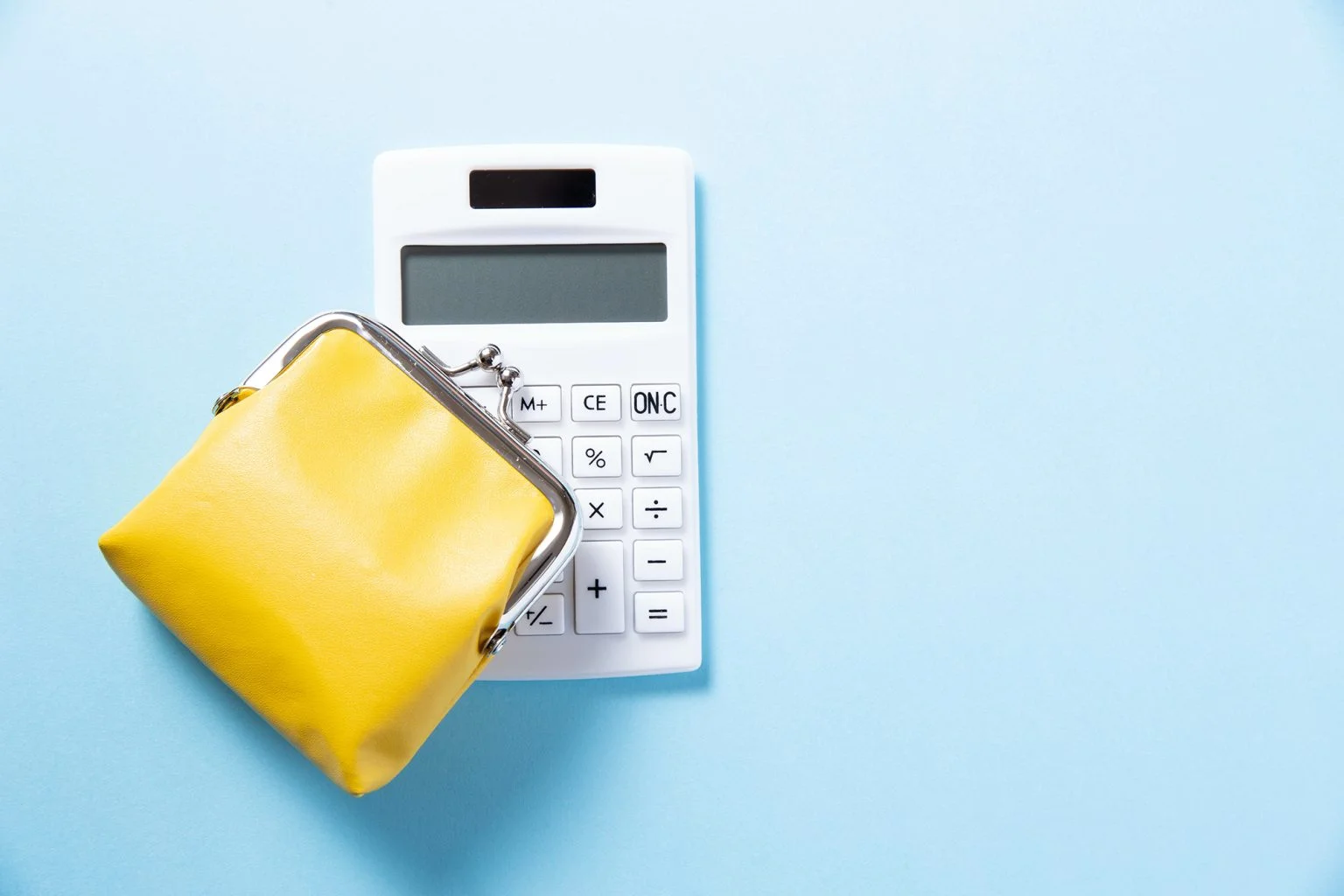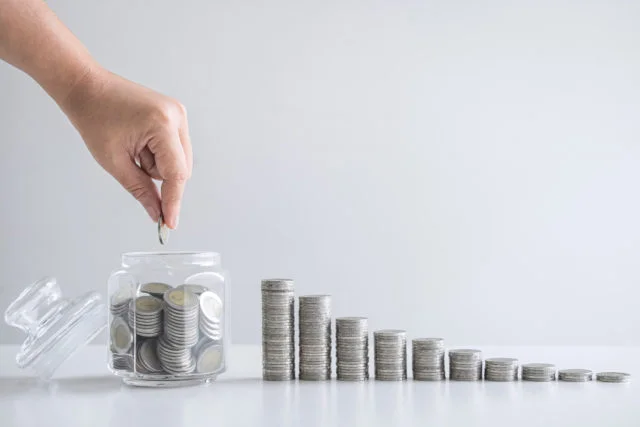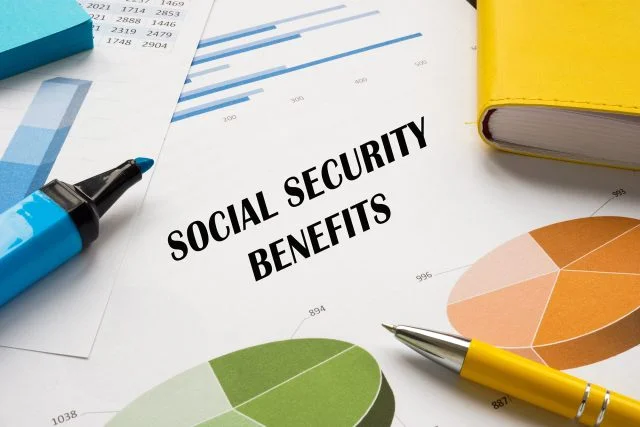Tag: consumer price index

The speculation seems to start earlier every year. I just got my first press call regarding the likely magnitude of Social Security’s cost-of-living adjustment (COLA) for 2024. This automatic indexing of benefits to keep up with rising prices – always a wonderful feature of our Social Security program – has been particularly valuable over t…

Our new research associate, Diana Horvath, and I wanted to see whether the current high rates of inflation were hurting the poor more than the rich or vice versa. Indeed, researchers at the Bureau of Labor Statistics did such an exercise for the period 2003-2018. They found that because of differences in spending patterns the average annual increas…







